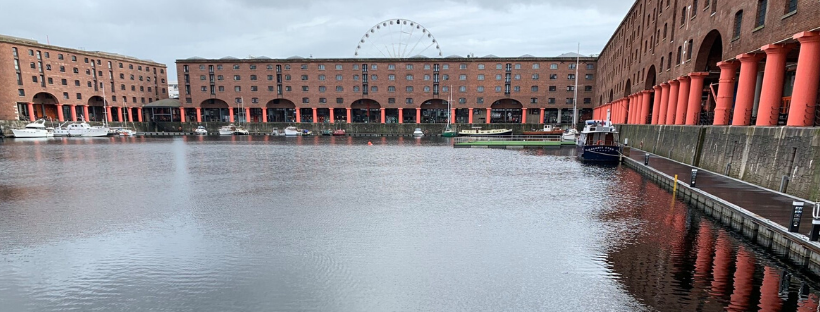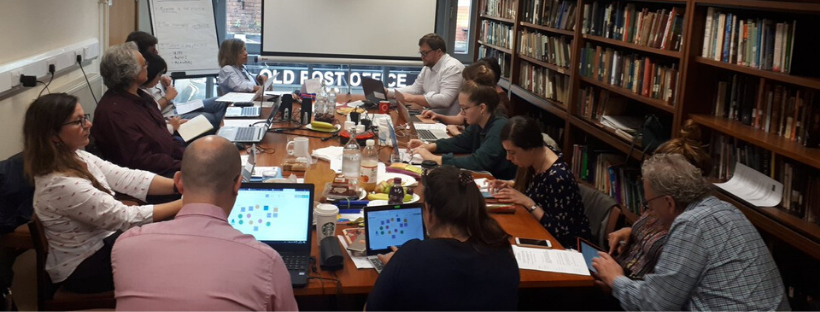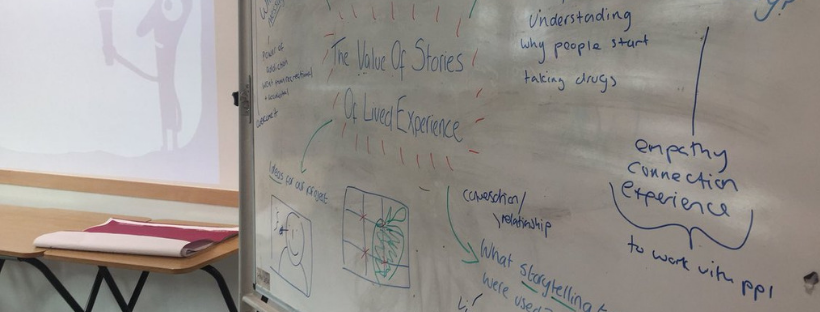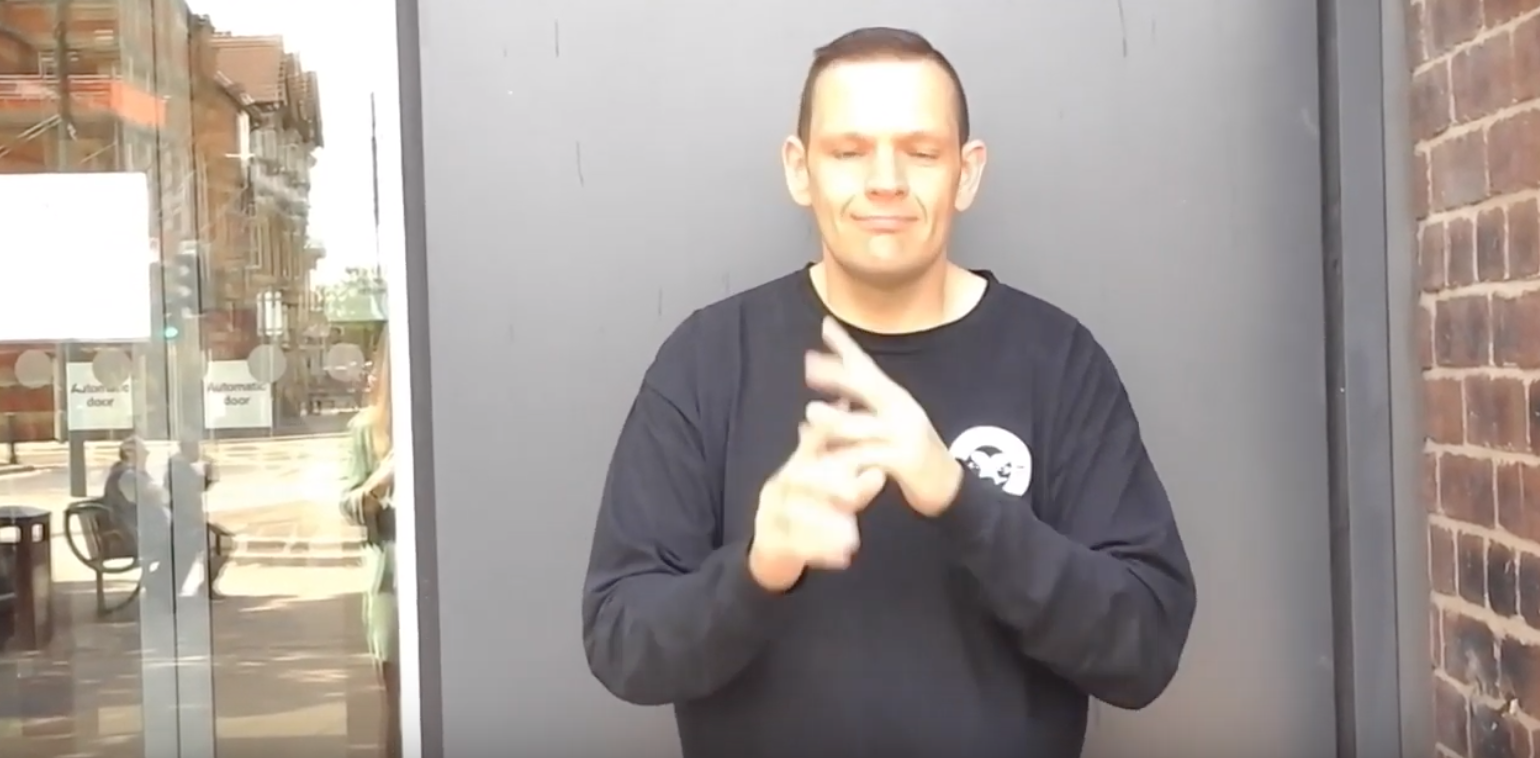ROADMAPPING CO-CREATION

As we all know, co-creation processes aren’t best delivered by a fixed plan and are not linear in nature. The fluidity and flexibility of co-creation are core strengths of this practice. However, a key challenge ahead for the CoSIE project – a pan-European applied research project looking at how public services can be co-created – is to produce a roadmap for how co-creation can be done.
Exploring what this blueprint might look like was a key focus of a recent CoSIE project meeting in Athens. Ideas brought forward by the consortium was that it could take the form of a metro map with various routes depending on which position you were entering co-creation from, another suggestion was that it could be a Prezi with links and video content embedded and there was also the tongue-in-cheek proposition that it could be like a dating app – the Tinder of co-creation!
What was clear from these discussions was that the usualy lengthy PDF documents and toolkits that are produced on this matter are not what this consortium want to re-make. Instead, the project dares to be different. We dare to innovate and challenge pre-conceptions of what ‘roadmaps’ are. Fundemental to this, is that the blueprint must be accessible to everyone wanting to co-create in public services. For People’s Voice Media, a core part of this will be making it ‘human’ and about people. That means cutting out all the buzzwords and terminology that has lost its meaning, and instead using everyday language that people can really connect with.
Anyway, that’s our two pence worth on the matter… let’s see what is co-created on this journey!



